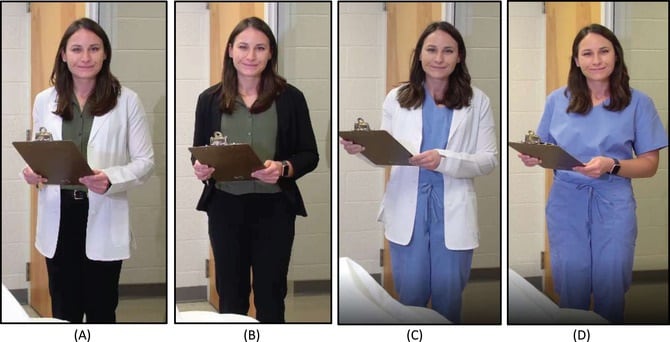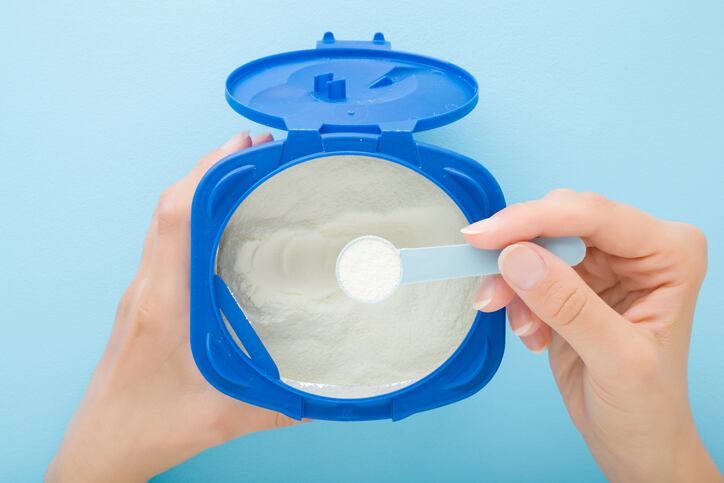As the pandemic rages on, so does increased interest in health and wellbeing. Last year the dietary supplements saw the largest growth rate since 1997.
According to annual surveys conducted by The Council for Responsible Nutrition (CRN), supplement usage among Americans remains in the three-quarters range. Whether or not they use dietary supplements, a whopping 84% reported being confident in the safety and quality of dietary supplements. This number was even higher among those who actually use supplements, with about 90% of supplement users reporting that they are confident in the safety and quality of dietary supplements.
As the best-positioned health professionals to lead an evidence-based approach toward recommending dietary supplements, trust in dieticians is also very important.
When it comes to nutrition, some Americans tend to be skeptical of dieticians. Pew Research found that over half (60%) of US adults believe dietitians care about the best interests of their patients or do a good job providing recommendations about healthy eating (54%) all or most of the time. About half (47%) also said that dietitians provide fair and accurate information when giving treatment recommendations with the same frequency.
So what factors into patient trust in dieticians? Researchers from the University of Florida Institute of Food and Agricultural Sciences wanted to see if a white coat made a difference.
Among dietitians, dress codes vary from workplace to workplace—whether it’s in a hospital, outpatient clinic, school, food service or private practice.
The study
A group of graduate students in the UF Master of Science-Dietetic Internship program, overseen by Bobbi Langkamp-Henken, a UF/IFAS professor of food science and human nutrition, conducted the newly published study in the journal Topics in Clinical Nutrition.

The researchers created four videos of a dietitian entering a patient's hospital room and giving a short diet instruction.
Each video featured a female dietitian wearing 1 of 4 outfits--business professional with a white coat, business professional without a white coat, scrubs with a white coat, or scrubs without a white coat. A White, female actress was intentionally selected to accurately represent the current demographics of dietitians within the US (94% female and 81% white).
The 474 study participants watched the video and rated the professionalism of the dietitian. The researchers then compared the professionalism scores assigned to each outfit by study participants.
Findings
The researchers found that attire and white coat did not influence perceived credibility of a dietitian.
"Professionalism of your healthcare provider is important because it encompasses being empathetic, competent, approachable, credible, organized, effective, professional and confident," said Langkamp-Henken. "The fact that we found that perceived professionalism of a dietitian is not related to attire means that the dietitian may be seen as equally effective in professional attire or scrubs with or without a white coat."
No white coat? No bacteria
The findings may be more beneficial than what meets the eye. Evidence shows an association between white coats and transmitting infections. Without having to wear white coats, dietitians can worry less about the potential of bringing home viruses such as COVID, Langkamp-Henken said.
"Our research findings also provide great news for dietitians working in areas of the hospital where contamination of work wear may be likely," Langkamp-Henken said. "If I were practicing as a hospital dietitian in this time of COVID, I would not want to come home to my family in my hospital work clothing. Scrubs are easy to clean. Professional attire is not."
Farah Tadros, a graduate student who led the research, said more recently, policies regarding dress codes in hospitals have allowed dietitians to wear scrubs and discontinuing white coats continues to be discussed, especially amid a pandemic.
Source: Topics in Clinical Nutrition
(2021) DOI: 10.1097/TIN.0000000000000251
“Perceived Professionalism of a Dietitian Is Not Influenced by Attire or White Coat”
Authors: F. Tadros et al.




